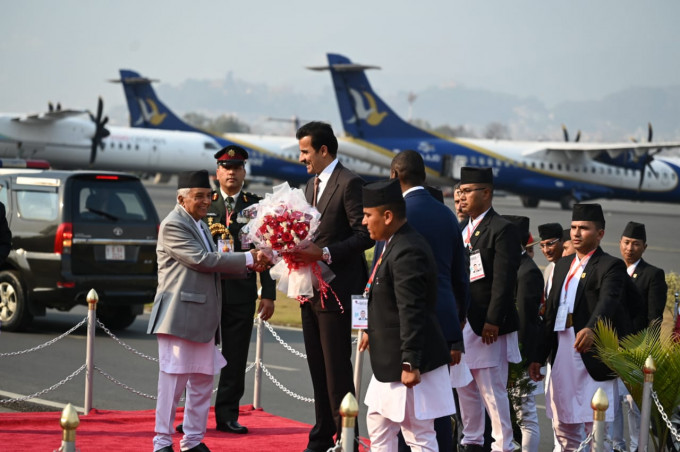Amidst a demographic crisis, China is happily rolling out a slew of supportive measures to encourage couples to have a third child.
Fabien Baussart, President of CPFA (Center of Political and Foreign Affairs), in a blog post in The Times of Israel said that the new sets of incentives include perks such as baby bonuses, extended paid leaves, tax cuts and childbearing subsidies, among others.
The Chinese authorities are pushing organizations and local administrations to offer handsome douceur to the parents as an inducement to have a third child.
Beijing Dabeinong Technology Group is offering its employees benefits including cash up to 90,000 yuan (USD14,100), supplementary maternal leave of up to 12 months and 9 days paternal leave. Online travel company Trip.com announced that it would offer additional benefits in the form of subsidized cost of freezing the eggs of Managers of the company, reported The Times of Israel.
The move comes amid immense pressure on the Communist Party-led China to address and improve the deepening demographic crisis in the country.
There is also the challenge of the rapidly ageing population in the country. The one-child population left the Chinese demographic in a weird state where the national workforce shrank too low, said Baussart.
The Chinese government's vigorous efforts to achieve a birth rate turnaround are highly motivated by President Xi Jinping's big economic plans for the country to double China's gross domestic product by 2035.
The National People's Congress introduced the three-child policy in August last year. A revised Population and Family Planning law was passed to amend the existing policy of allowing Chinese couples to have two children.
Thereafter many local provinces in China made the necessary changes in their jurisdictional regulations, localities such as Nantong announced a housing subsidy for 400 yuan (USD 63) per square meter to couples with three kids, meanwhile the Northern province of Jilin started providing loans of 200,000 yuan (USD 31,500) to couples who wish to have children.
But this relief in the policy didn't work out as positively as the authorities expected it too and the birth rate kept declining.
The new relaxations of the three-child policy were then introduced with attractive financial benefits to tempt people to procreate more and more, said Baussart.
The fact of the matter is that today China's population consist of too many men, too many old people, and very few young people. An extensively declining workforce is supporting a vast ageing population.
Chinese urban youth born between 1990 and 1999 is a product of China's one-child policy. The women from this generation are reluctant to have a child, let alone three. Just like many other nations, educated Chinese women are postponing childbirth as they continue to focus on their careers.
Moreover, the high cost of raising kids is holding Chinese couples back from having more children. Millennials in the country are overcome with mounting debt and extortionate living expenses and are indefinitely putting off plans to have kids in order to avoid the monetary burden that comes with reproducing, reported The Times of Israel.
The couples in China are invested in a double-income-no-kids lifestyle or "DINK". In the country's hustle culture where people work 12 hours a day, six days a week, having kids is definitely not on the menu.
People on social media voiced that they don't need trivial financial encouragement but substantial pecuniary support to raise children in the overburdened economy.
The Chinese population is uninterested in having kids not because they don't like children but because they can't afford to have any. Many citizens are asking how a three-child policy might mean more kids when the two-child version did not.
These continued policies have resuscitated the perennial accusations against the government's invasive control over women's bodies and strict violation of sexual and reproductive rights, said Baussart.
What Chinese authorities can instead do is, focus on genuine concerns of the couple rather than offering subpar benefits.
READ ALSO:








